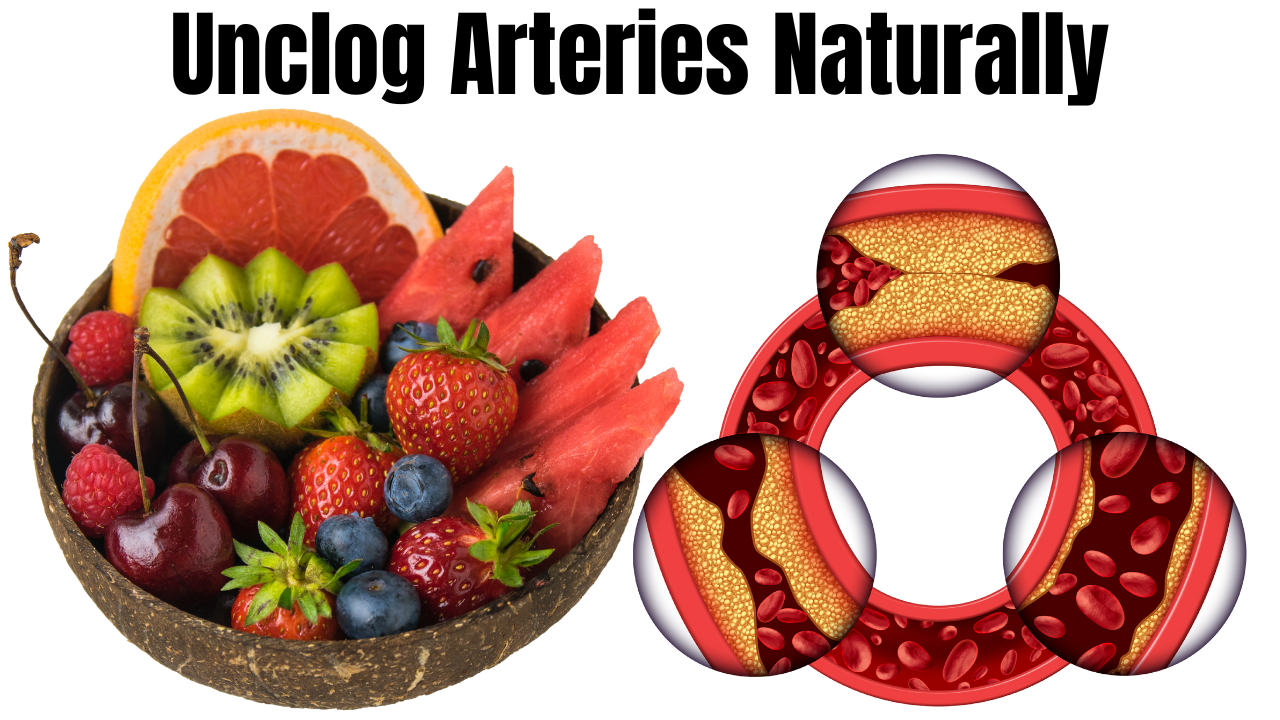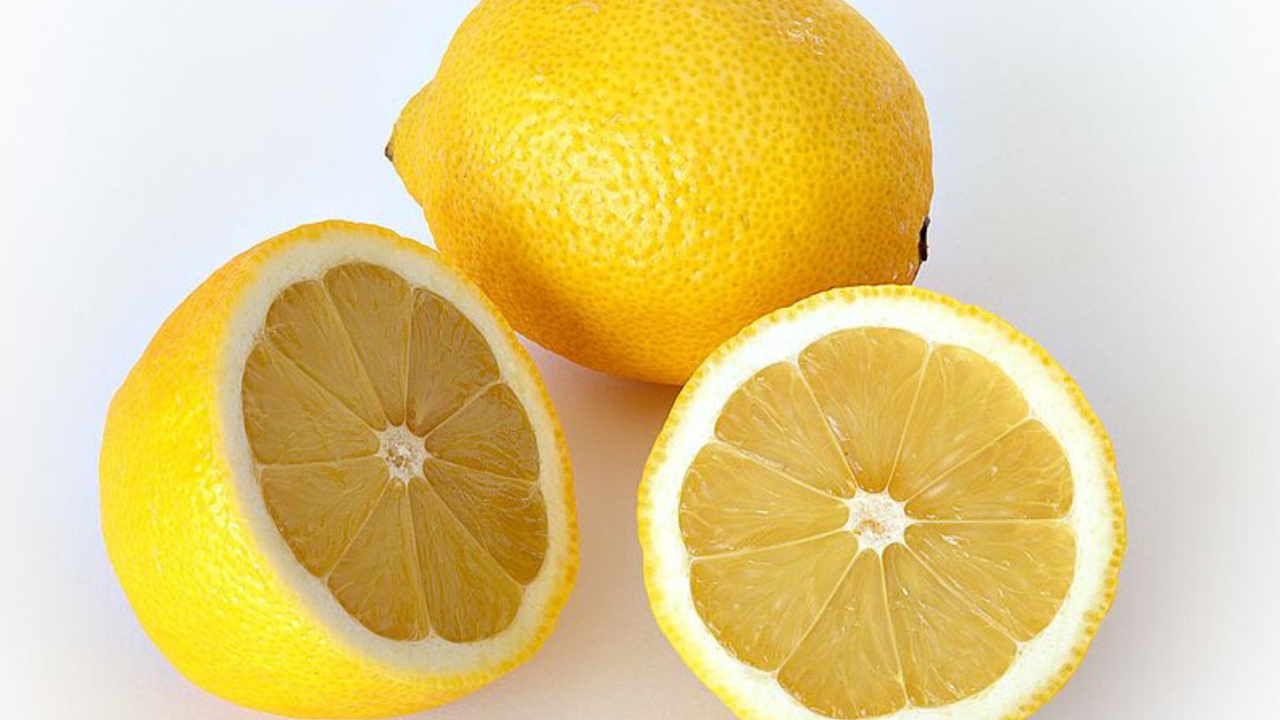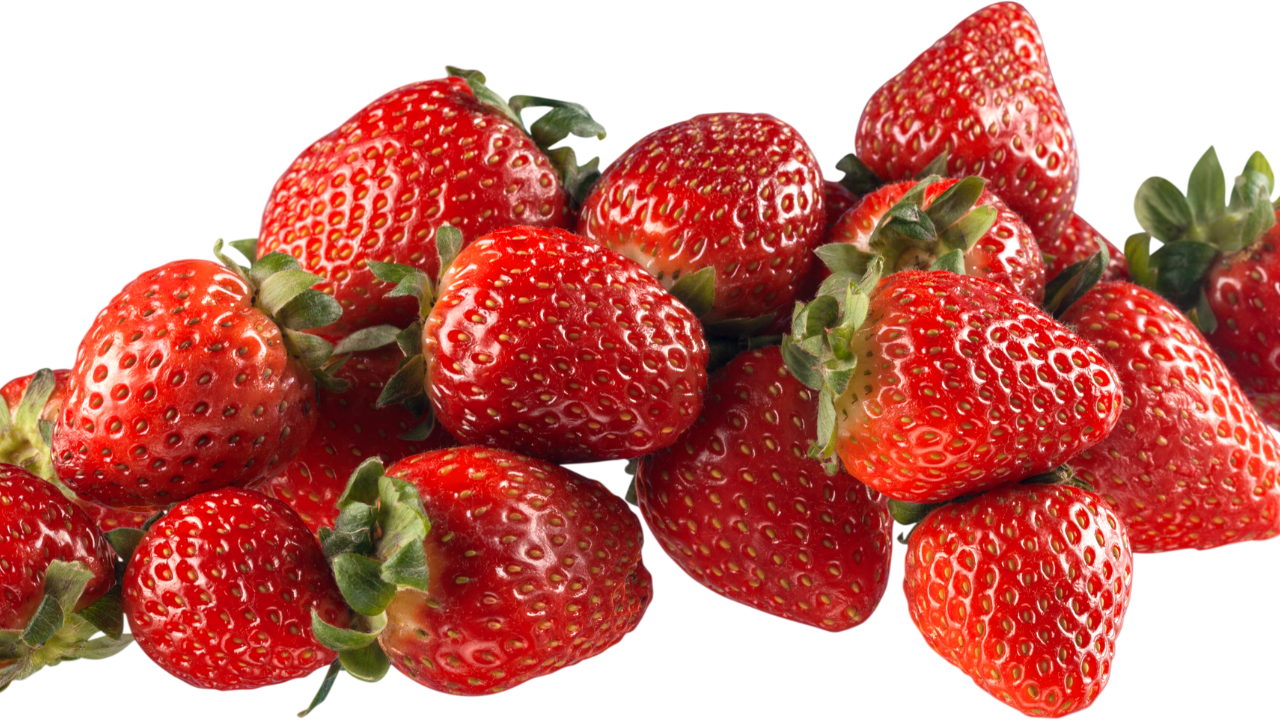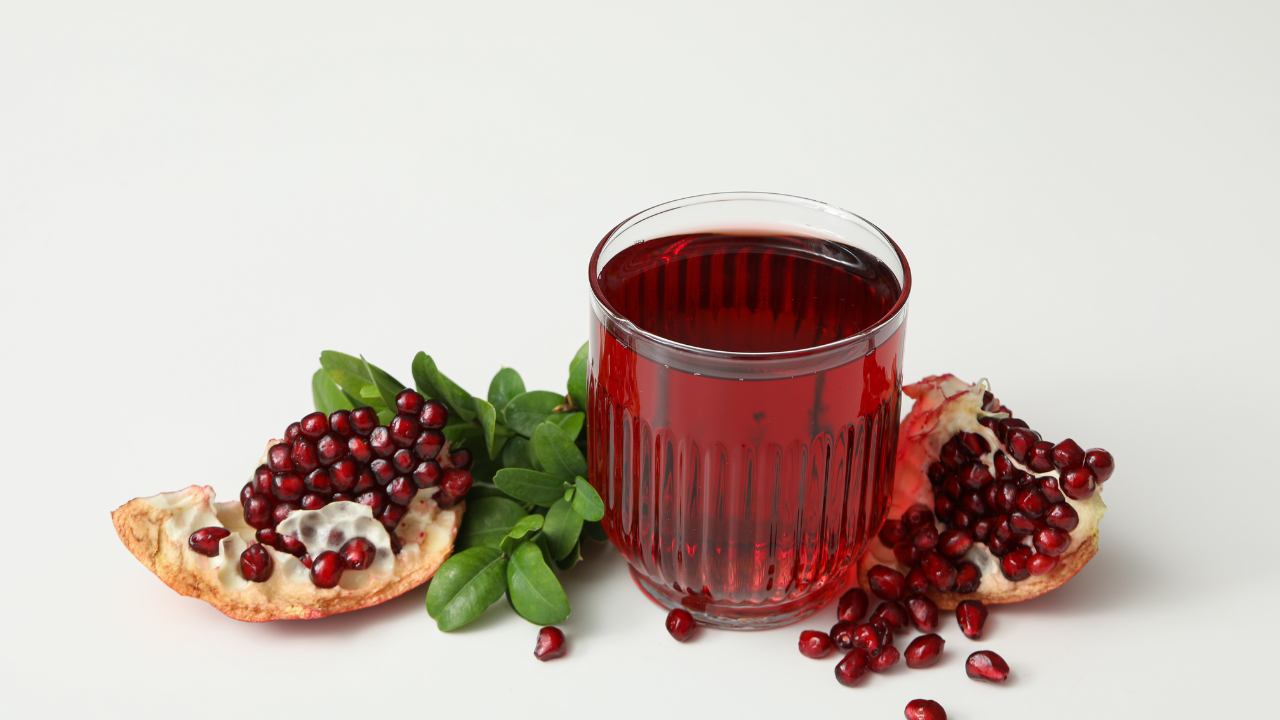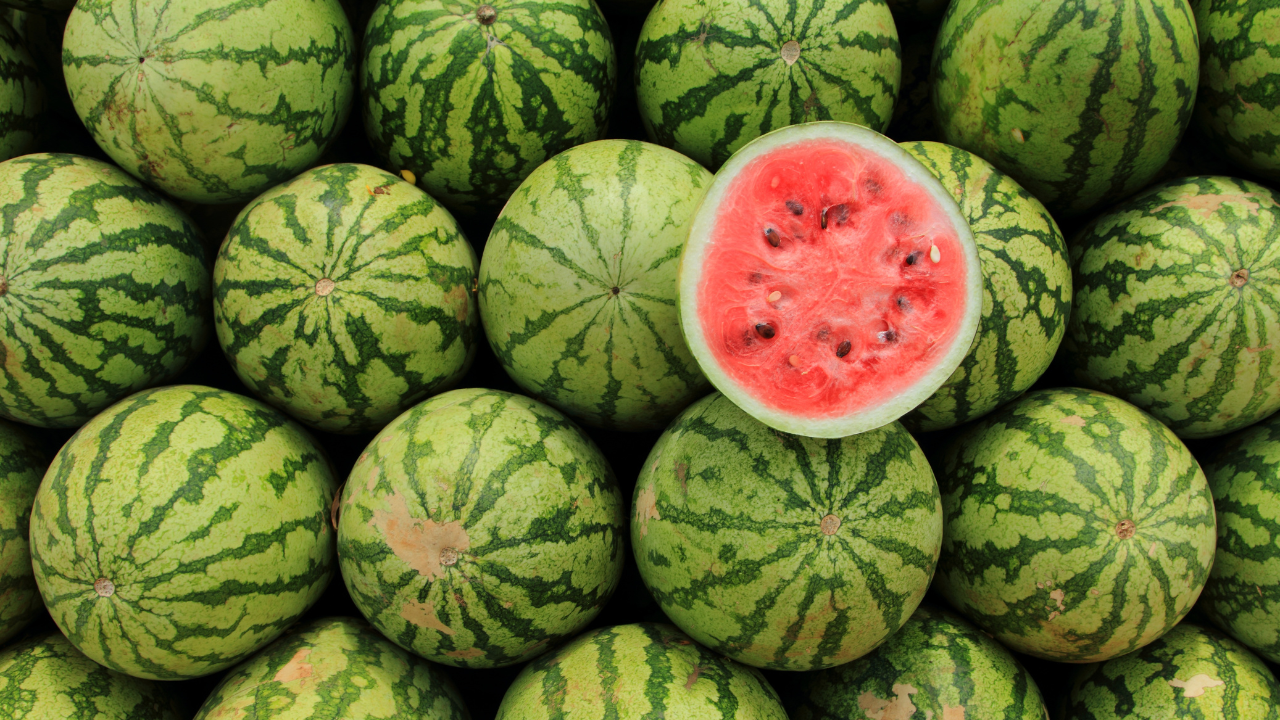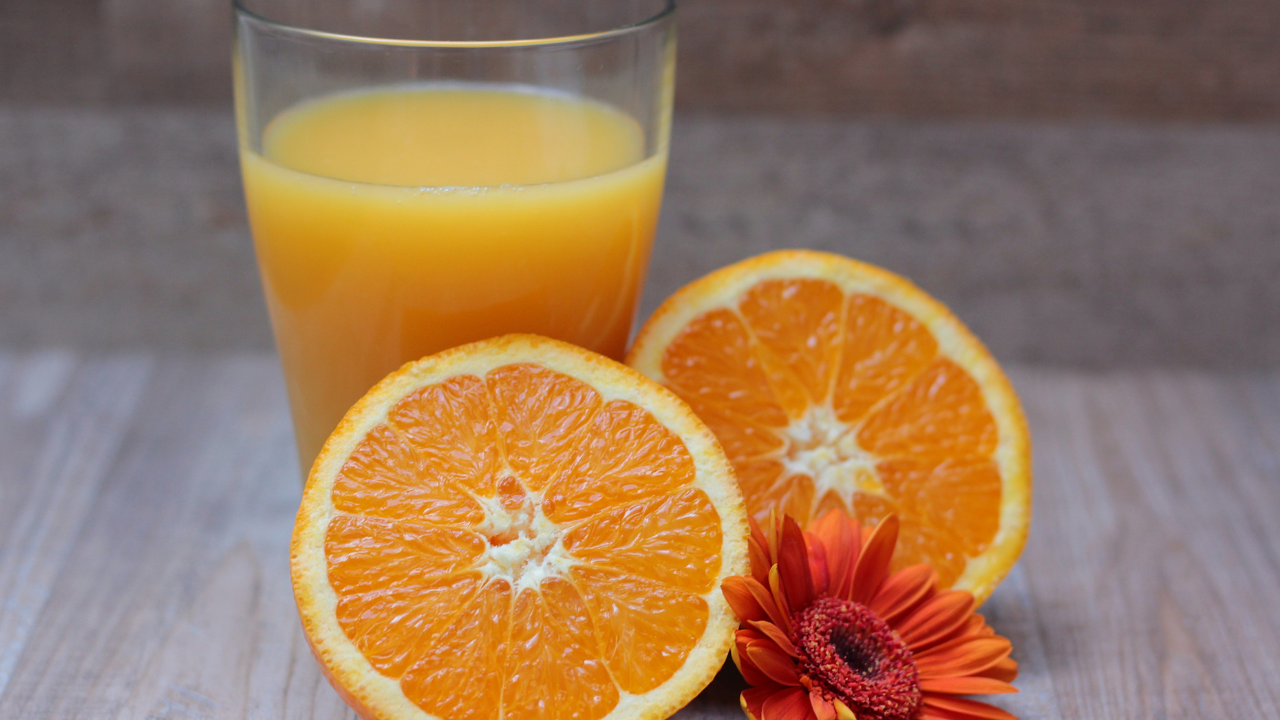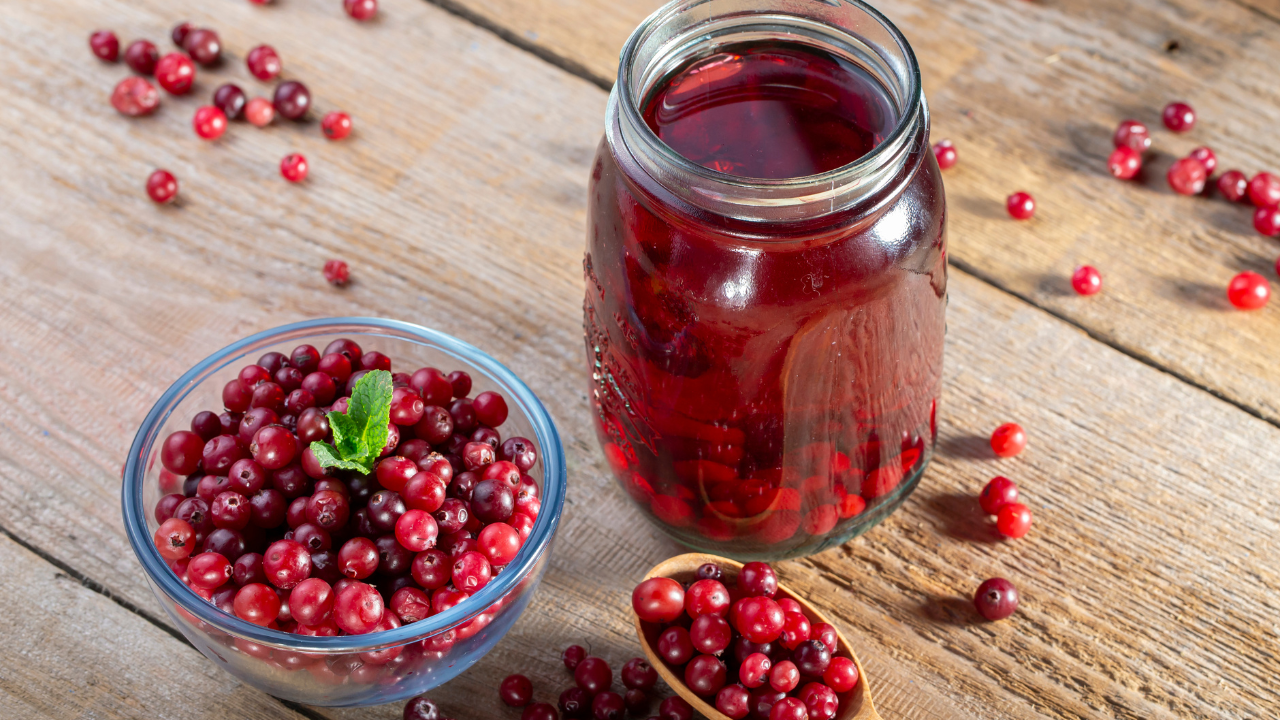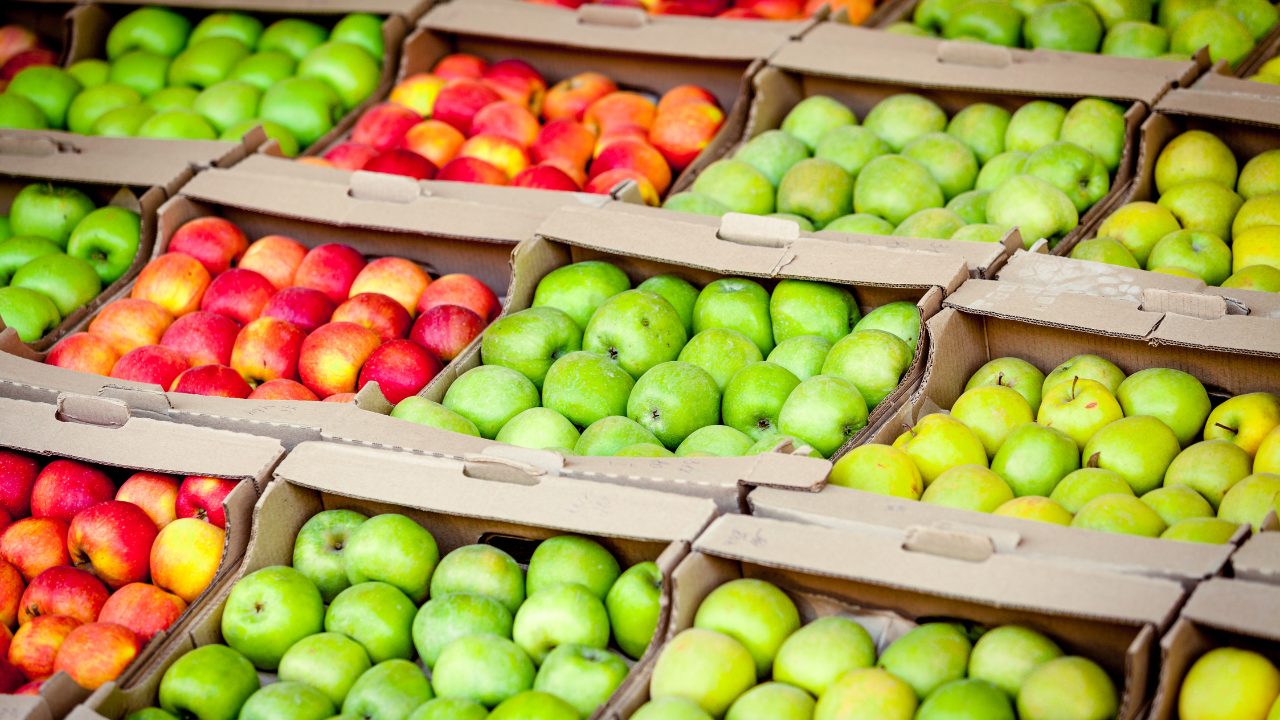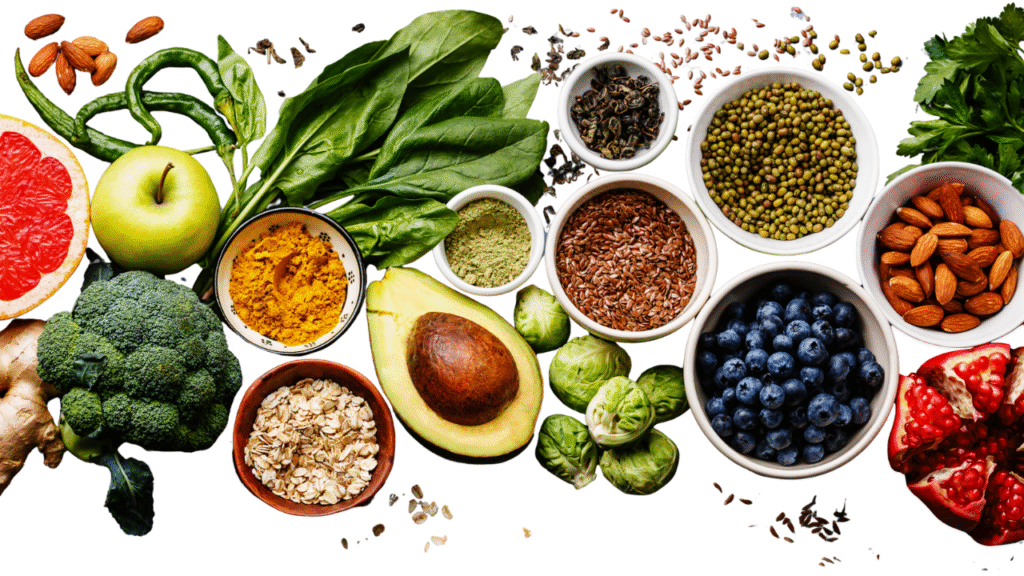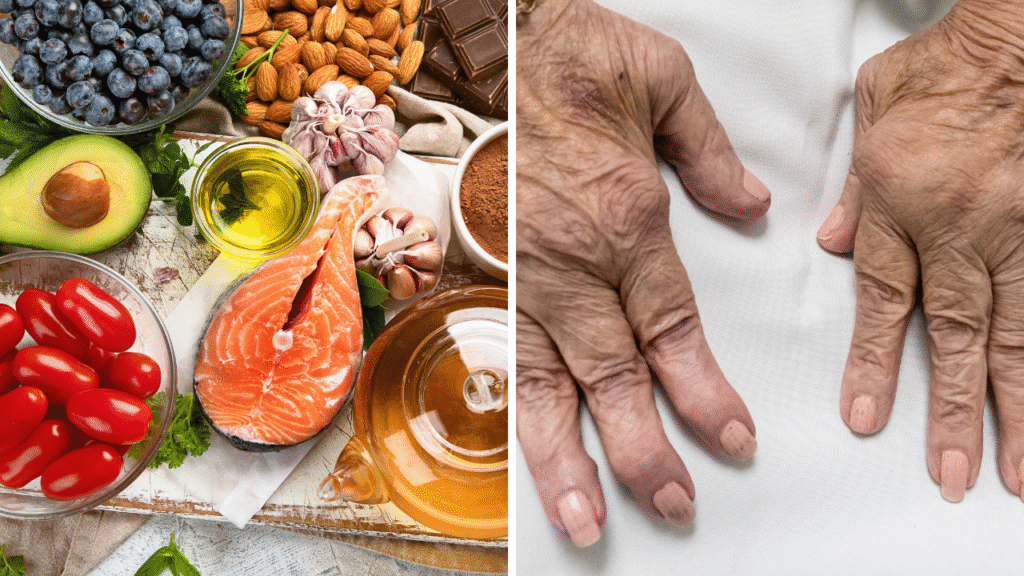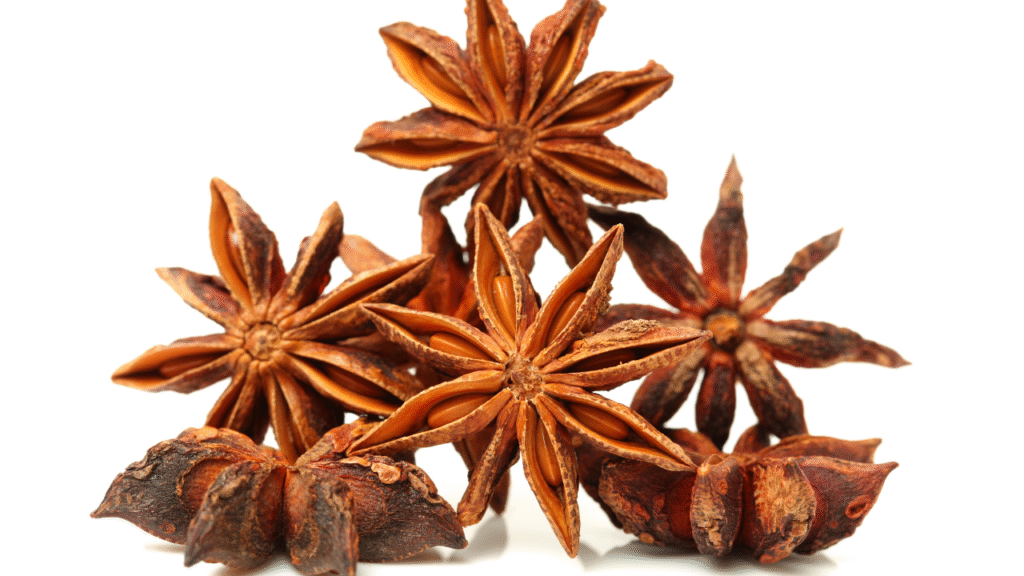Clogged arteries—or atherosclerosis—aren’t just a problem of old age. They can silently develop for years and result in heart attacks, strokes, and even sudden death if left untreated. But what if nature already gave us some of the best tools for prevention and repair—right in the produce aisle?
Before medication or surgery becomes necessary, understanding how fruits can naturally support clean, elastic arteries may help delay or even reverse early damage. Let’s explore how this works and which fruits are your heart’s best allies.
What Happens in Clogged Arteries?
Plaque forms when cholesterol, fats, calcium, and waste products accumulate along the inner artery walls. This buildup:
- Narrows the arteries
- Restricts blood flow
- Increases inflammation
- And leads to serious complications like high blood pressure, angina, or heart attacks
Your immune system joins the fight, sending white blood cells to the inflamed area—but instead of fixing the issue, this creates even more blockage.
Now, here’s the good news: Fruits contain antioxidants, fiber, and anti-inflammatory compounds that can naturally:
- Lower LDL (bad) cholesterol
- Reduce arterial inflammation
- Prevent oxidation of fats in the blood
- Increase HDL (good) cholesterol
- And even help dissolve early-stage plaque
Top Fruits That Help Unclog Arteries Naturally
1. Lemon – A Bright Burst of Heart-Healthy Power
Squeeze your way to better arteries!
Lemon isn’t just a zesty kitchen staple—it’s a cholesterol-fighting citrus powerhouse. Thanks to its high content of vitamin C, lemons help strengthen artery walls, prevent oxidative damage, and lower total cholesterol while supporting increased HDL (good) cholesterol.
Lemons also contain flavonoids like hesperidin and diosmin, which have anti-inflammatory effects and may help improve blood flow. Plus, lemon’s ability to inhibit platelet aggregation can help prevent dangerous clots from forming in the arteries.
How to Use Lemon to Help Lower Cholesterol
✅ Morning detox drink:
- Start your day with warm water + juice of half a fresh lemon. This gently flushes your system and kickstarts liver function, supporting healthy cholesterol processing.
✅ Salad dressings:
- Skip the store-bought dressings (often loaded with saturated fat) and make your own:
- Mix lemon juice, olive oil, a pinch of salt, pepper, and garlic for a heart-healthy vinaigrette.
✅ Flavor enhancer:
- Drizzle lemon juice over grilled veggies, fish, or whole grains like quinoa or brown rice to boost flavor without extra salt or fat.
✅ Lemon zest power:
- Grate the lemon peel into soups, stews, yogurt, or smoothies. The zest contains essential oils and flavonoids that support vascular health.
✅ In herbal teas:
- Add lemon juice to green tea or ginger tea for added antioxidants and an extra heart-protective kick.
Pro Tip: For the best results, use fresh lemons—not bottled lemon juice, which often contains preservatives and less vitamin C. If you’re short on time, prep lemon slices or juice in advance and store in the fridge for quick use.
2. Strawberries – Sweet, Juicy, and Good for Your Arteries
Who knew dessert could be heart-healthy?
Strawberries aren’t just a summertime treat—they’re loaded with vitamin C, fiber, and powerful antioxidants that help protect your heart and blood vessels.
Research shows that strawberries can help reduce LDL oxidation, which is a major contributor to plaque buildup in the arteries. Their anti-inflammatory compounds may also lower C-reactive protein (CRP), a marker of inflammation linked to heart disease.
Plus, their soluble fiber helps sweep cholesterol out of the bloodstream, supporting lower total and LDL (bad) cholesterol levels.
How to Use Strawberries to Lower Cholesterol
✅ Morning boost:
- Add a handful of sliced strawberries to your oatmeal or whole-grain cereal for a cholesterol-friendly breakfast.
✅ In smoothies:
- Blend frozen or fresh strawberries with plant-based milk (like oat or almond milk), chia seeds, and a handful of spinach for a heart-healthy smoothie packed with fiber and antioxidants.
✅ Berry bowl snack:
- Combine strawberries with other heart-loving berries like blueberries and blackberries for a quick, nutrient-dense snack that fights cholesterol and inflammation.
✅ Salads with a twist:
- Toss sliced strawberries into spinach or arugula salads with a drizzle of olive oil and balsamic vinegar for a refreshing addition. Add walnuts for extra omega-3s and crunch!
✅ Homemade berry compote:
- Cook strawberries on low heat with a touch of lemon juice and cinnamon. Use this natural topping over whole-grain pancakes or yogurt—no added sugar needed.
✅ Frozen treats:
- Blend strawberries and freeze them into popsicles or mix them into frozen yogurt for a cool, cholesterol-friendly dessert.
Pro Tip: Go organic if possible—strawberries often top the “Dirty Dozen” list for pesticide residue. And remember, frozen strawberries are just as nutritious as fresh ones, making it easy to enjoy them year-round.
3. Pomegranate Juice – The Artery-Cleansing Elixir You Didn’t Know You Needed
This ruby-red juice isn’t just delicious—it’s scientifically powerful.
Pomegranate juice is rich in punicic acid and antioxidants like polyphenols and flavonoids, which have been shown to reduce oxidative stress, prevent plaque buildup, and fight atherosclerosis.
A groundbreaking 2009 study published in the American Journal of Cardiology found that drinking just 240 ml (about 8 oz) daily for up to 18 months significantly slowed the progression of carotid artery disease in patients at risk of heart problems. That’s not just hype—it’s hard evidence.
Plus, pomegranate juice contains magnesium, selenium, potassium, and vitamin C—all essential nutrients that support heart rhythm, blood pressure regulation, and overall cardiovascular health.
How to Use Pomegranate Juice to Lower Cholesterol & Support Heart Health
✅ Morning heart boost:
- Drink a small glass (about 4–8 oz) of 100% pure, unsweetened pomegranate juice with breakfast. It’s a refreshing way to start your day while nourishing your arteries.
✅ Heart-healthy mocktail:
- Mix pomegranate juice with sparkling water, a splash of lime juice, and a few mint leaves for a cholesterol-friendly, festive drink.
✅ Smoothie upgrade:
- Add ½ cup of pomegranate juice to your berry or green smoothies. It blends well with spinach, strawberries, banana, or avocado—and packs a heart-healing punch.
✅ Salad dressing base:
- Create a homemade vinaigrette using pomegranate juice, olive oil, and balsamic vinegar. Drizzle over a salad loaded with greens, walnuts, and red onions for a nutrient-dense meal.
✅ Freeze for fun:
- Pour pomegranate juice into ice cube trays or make homemade popsicles for a cool, antioxidant-rich snack in warmer months.
Pro Tip: Always choose 100% pure pomegranate juice with no added sugars. Too much sugar can counteract the heart benefits, especially if you’re managing blood pressure or diabetes alongside cholesterol.
4. Watermelon – The Sweet Fruit That Naturally Supports Clear Arteries
You might just think of watermelon as a juicy summer snack—but it’s secretly a heart-health powerhouse.
This refreshing fruit is rich in L-citrulline, an amino acid known to help reduce inflammation and lower blood pressure by promoting the production of nitric oxide—a compound that relaxes and expands blood vessels, improving blood flow and preventing plaque buildup in arteries.
Watermelon also delivers hydration, vitamin C, lycopene, and antioxidants, all of which contribute to healthier arteries and reduced oxidative stress.
How to Use Watermelon for Cholesterol and Artery Health
✅ Simple daily snack:
- Enjoy 1 cup of fresh watermelon cubes each day as a sweet, hydrating snack that supports healthy circulation.
✅ Juice it up:
- Blend fresh watermelon chunks (with seeds removed) into a natural juice—no sugar added. Just one glass per day can help keep your arteries relaxed and your heart happy.
✅ Smoothie base:
- Use watermelon as a hydrating, naturally sweet base in your smoothies. Combine with mint, lime juice, and a handful of spinach for a refreshing, heart-boosting blend.
✅ Frozen treat:
- Make heart-healthy watermelon popsicles by pureeing watermelon with a squeeze of lemon juice and freezing them in molds. Great for kids and adults alike!
✅ Watermelon-mint salad:
- Toss cubed watermelon with mint leaves, cucumber, a dash of lemon or lime juice, and a sprinkle of chia seeds for a delicious, anti-inflammatory side dish.
Quick Tip: For maximum benefits, pair watermelon with foods rich in magnesium or potassium (like leafy greens or nuts) to further support healthy blood pressure and heart function.
5. Orange Juice – A Tangy Boost for Your Arteries
Fresh, 100% orange juice isn’t just a breakfast favorite—it’s also a natural artery cleanser loaded with vitamin C, potassium, and powerful antioxidants like flavonoids (hesperidin and naringenin). These compounds help:
- Reduce oxidative stress that can damage artery walls
- Lower inflammation in blood vessels
- Regulate blood pressure
- Improve overall circulation
Studies have found that drinking 2 cups of pure orange juice daily can significantly lower inflammation markers and help maintain elastic, healthy arteries, reducing the risk of atherosclerosis.
How to Use Orange Juice for Heart and Artery Health
✅ Morning habit:
- Drink 1 cup (about 240 ml) of freshly squeezed or store-bought 100% orange juice first thing in the morning. This gives your body a strong antioxidant kick to start the day.
✅ Add to smoothies:
- Use orange juice as a liquid base in heart-friendly smoothies with spinach, berries, or flaxseeds.
✅ Citrus hydration mix:
- Mix orange juice with a splash of lemon juice and water, and sip throughout the day for a refreshing and cleansing drink that supports blood vessel health.
✅ Popsicle form:
- Freeze orange juice into molds with slices of kiwi or strawberry to make antioxidant-rich fruit pops—fun for kids and a smart treat for adults.
✅ Artery-boosting tonic:
- Combine orange juice with a pinch of turmeric and black pepper for an anti-inflammatory tonic you can sip after meals.
Quick Tip: Always choose unsweetened, 100% orange juice (not from concentrate if possible) to avoid added sugars that can harm heart health.
6. Cranberries – Tiny Berries with Big Heart Benefits
Don’t let their size fool you—cranberries are loaded with polyphenols and antioxidants that support heart health in powerful ways. These tart little fruits can:
- Raise HDL (good) cholesterol
- Lower LDL (bad) cholesterol
- Help regulate blood pressure
- Reduce arterial stiffness
- Lower the risk of cardiovascular disease by up to 40%, according to some studies
By protecting the arterial lining from oxidative damage and improving cholesterol balance, cranberries help keep your arteries clear and your heart strong.
How to Use Cranberries for Heart and Artery Health
✅ Cranberry Juice (Unsweetened):
- Drink 1 cup (240 ml) twice daily of 100% pure cranberry juice, ideally cold-pressed and unsweetened.
- Dilute with water or mix with a splash of lemon for a gentler taste.
✅ In Smoothies:
- Add ½ cup of fresh or frozen cranberries to smoothies with banana, spinach, and flaxseed for a heart-healthy antioxidant blend.
✅ As a Topping:
- Sprinkle dried cranberries (unsweetened) over oatmeal, yogurt, or salads for a tangy, fiber-rich boost.
✅ Homemade Sauce or Spread:
- Simmer cranberries with orange juice and a touch of cinnamon to create a natural, heart-friendly jam or sauce—great on whole-grain toast.
✅ Cranberry Ice Cubes:
- Freeze cranberry juice in ice trays with slices of ginger or mint. Add to water for a refreshing antioxidant-infused drink.
Quick Tip: Always choose unsweetened, 100% cranberry juice—many commercial juices are high in added sugars, which can cancel out the benefits.
7. Red Grapes – Sweet Defense Against Clogged Arteries
Red grapes aren’t just a juicy treat—they’re also one of nature’s most potent heart protectors. Rich in flavonoids and resveratrol, these antioxidants:
- Reduce LDL (bad cholesterol) oxidation
- Prevent platelet clumping (which can lead to clots)
- Support healthy blood vessels
- Lower blood pressure and inflammation
Resveratrol, primarily found in the skins of red grapes, is known to help relax blood vessels, improve blood flow, and protect the arterial lining from damage—making grapes a smart and tasty addition to your cholesterol-lowering diet.
How to Use Red Grapes for Heart and Artery Health
✅ Fresh & Whole (Snack Style):
- Enjoy 1 cup daily as a portable, refreshing snack at work, school, or after exercise.
- Rinse and keep them chilled in snack bags for easy access.
✅ Smoothies:
- Blend a handful of red grapes with beets, spinach, and ginger for a blood pressure-lowering smoothie.
- Combine with berries, oats, and almond milk for a powerful antioxidant breakfast drink.
✅ Salads:
- Slice grapes in half and toss into green salads with walnuts and feta for a heart-smart crunch.
- Add to grain bowls with quinoa, arugula, and a citrus vinaigrette.
✅ Frozen Grapes:
- Freeze whole grapes and enjoy as a natural icy treat. They’re great for hot days and help reduce cravings for sugary desserts.
✅ Grape-Infused Water:
- Drop sliced grapes and mint into a pitcher of water for a subtly sweet, antioxidant-rich hydration boost.
Tip: Choose organic grapes if possible since conventional grapes can carry pesticide residues. And remember—the darker the grape, the richer it is in heart-healthy compounds.
8. Apples – Nature’s Cholesterol Regulator
You’ve heard it before: “An apple a day keeps the doctor away.” But there’s solid science behind the rhyme—especially when it comes to heart and artery health.
Apples contain soluble fiber (especially pectin) and flavonoids concentrated in the skin, which:
- Lower LDL (bad) cholesterol
- Reduce blood fat (triglycerides)
- Prevent LDL oxidation, a key contributor to plaque buildup
- Support blood vessel elasticity and reduce stroke risk
In one study, daily apple consumption significantly reduced arterial plaque and improved lipid profiles—making this humble fruit a powerful tool against atherosclerosis.
How to Use Apples for Lowering Cholesterol
✅ Eat Them Whole (With the Skin!):
- Enjoy one medium apple daily, washed but unpeeled, to get maximum fiber and flavonoid benefit.
- Slice them for a midday snack, or pair with almond butter or walnuts for extra heart-healthy fats.
✅ Apple Spice Baked Oats:
- Dice apples (with peel) and bake into spiced oatmeal with cinnamon, flaxseed, and oats.
- Great as a make-ahead breakfast for cholesterol support.
✅ Add to Salads or Slaws:
- Slice apples thin and toss with leafy greens, walnuts, and a lemon vinaigrette.
- Add to coleslaw with cabbage and carrots for a crunchy twist.
✅ Smoothies:
- Blend half an apple (skin on) into your smoothie for sweetness and fiber. Combine with spinach, ginger, and a splash of citrus for added antioxidant power.
✅ Apple-Cider Vinaigrette:
- Mix grated apple with apple cider vinegar, olive oil, and mustard to make a heart-healthy homemade salad dressing.
✅ Baked or Stewed:
- Bake apples with a sprinkle of cinnamon and nutmeg for a warm, satisfying treat that feels indulgent but supports artery health.
Tip: Go for red apples like Fuji, Honeycrisp, or Red Delicious, which are higher in anthocyanins—a powerful class of flavonoids for heart health.
Final Thoughts
Fruits aren’t just sweet treats—they’re powerful tools for cardiovascular health. Their natural compounds can fight inflammation, regulate cholesterol, and promote blood flow, helping to keep your arteries clean and flexible.
Next Step:
Start by adding just two servings of fruit per day, which offer artery-cleansing benefits. Pair this with daily movement, stress management, and avoiding processed fats—and your heart will thank you.
Learn More
Source Links
https://pubmed.ncbi.nlm.nih.gov/31269727/
https://pubmed.ncbi.nlm.nih.gov/34858028/
https://pubmed.ncbi.nlm.nih.gov/34858028/
https://pubmed.ncbi.nlm.nih.gov/34858028/
https://pubmed.ncbi.nlm.nih.gov/34858028/
https://pubmed.ncbi.nlm.nih.gov/34858028/
https://pubmed.ncbi.nlm.nih.gov/34858028/
https://pubmed.ncbi.nlm.nih.gov/34858028/
https://pubmed.ncbi.nlm.nih.gov/29315597/

